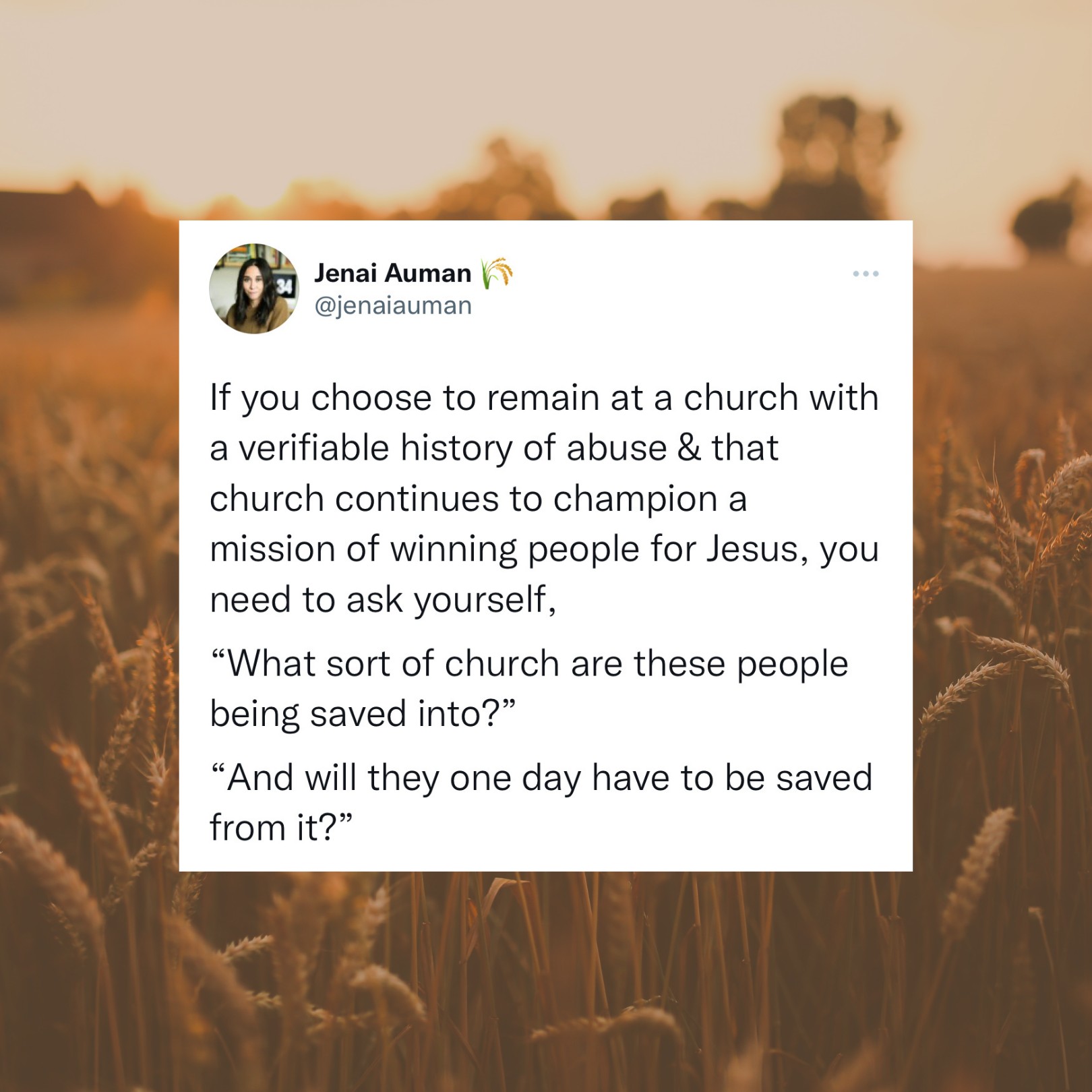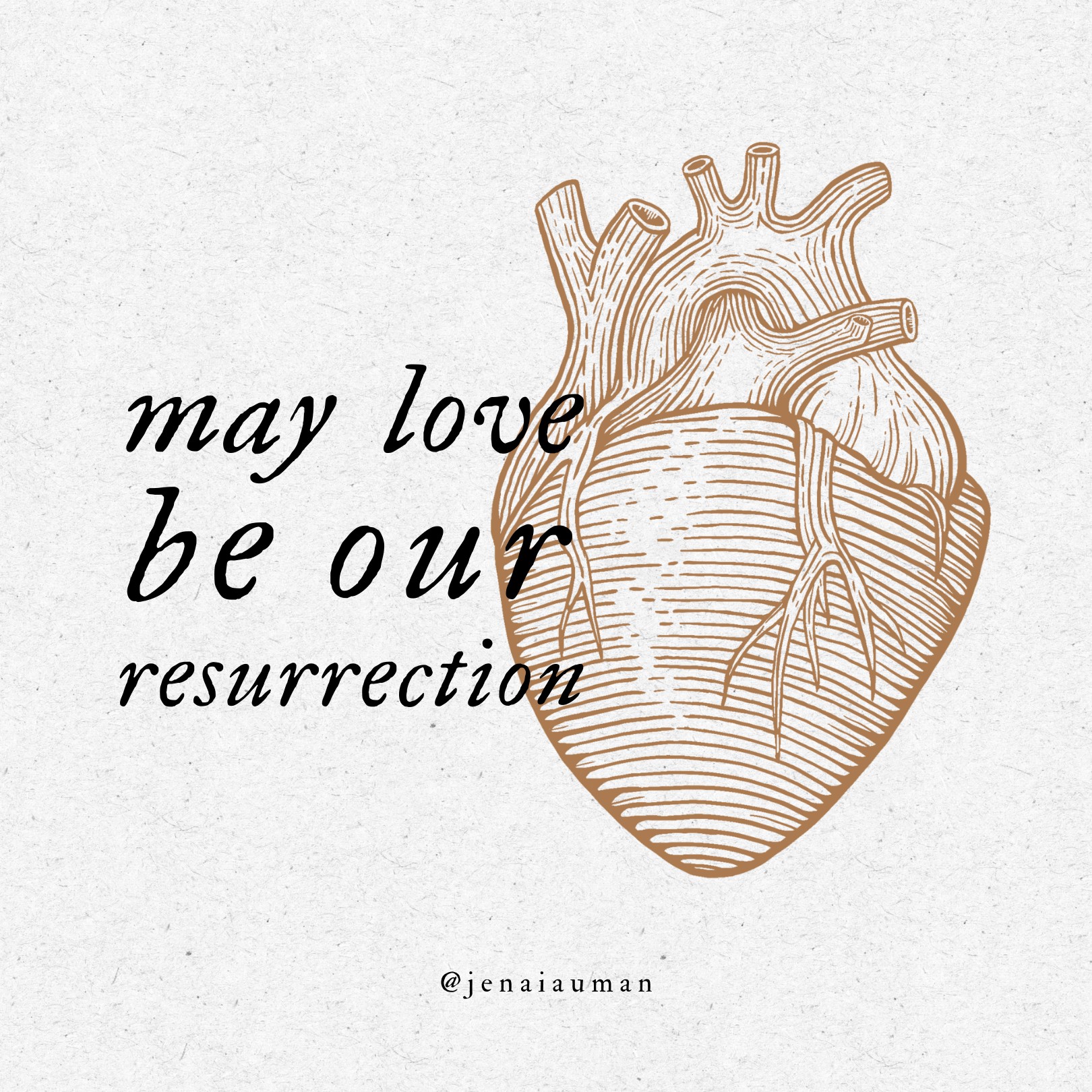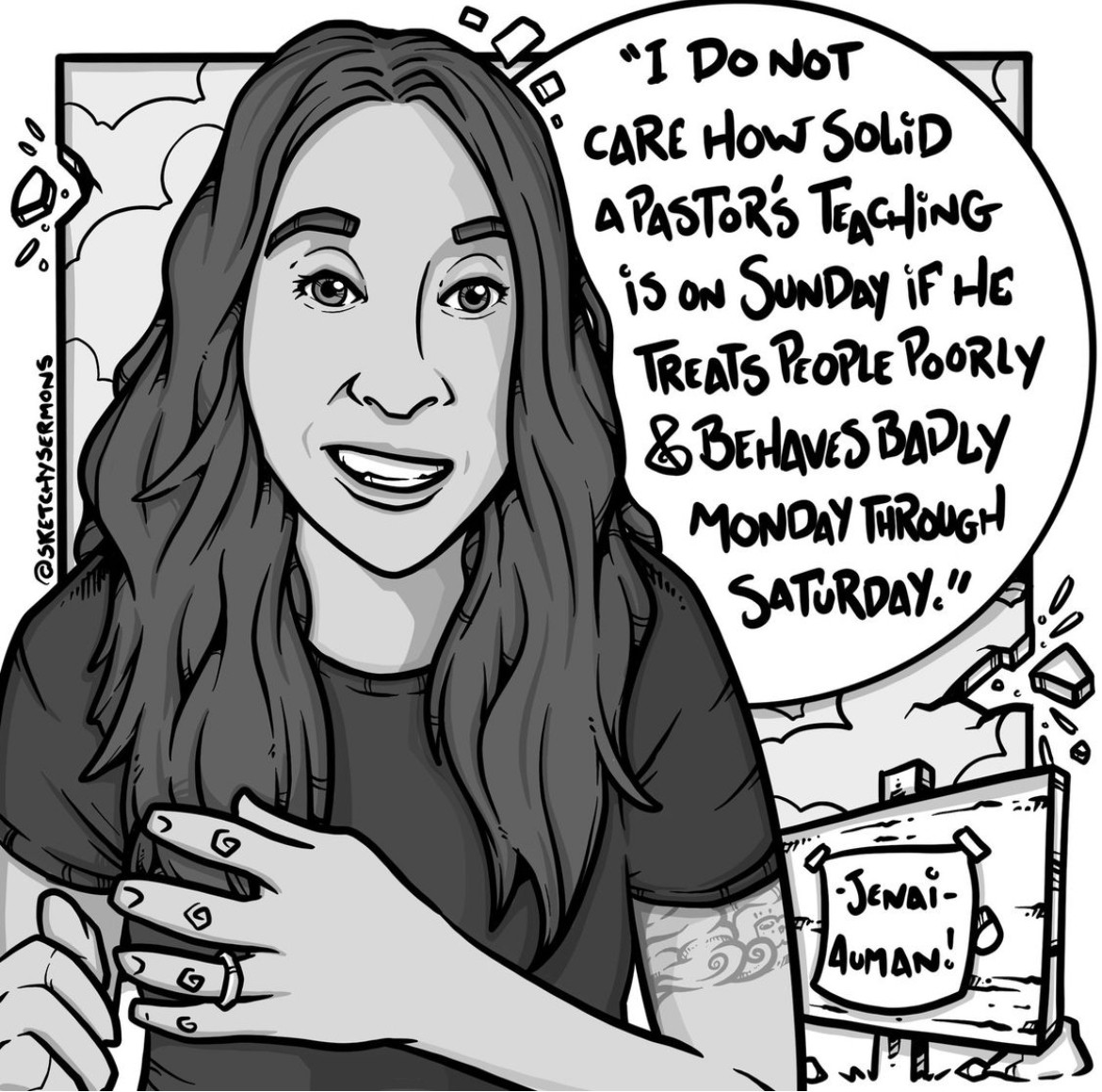

Today we’d like to introduce you to Jenai Auman.
Hi Jenai, it’s an honor to have you on the platform. Thanks for taking the time to share your story with us – to start maybe you can share some of your backstory with our readers?
I am a minister at heart. In 2009, I began as an intern with a local church congregation in 2009, but I quickly pivoted into serving within the context of church planting. My husband and I joined a church planting core team with a Reformed theology background, and the team consisted of a very young group of people who simply wanted to bring Jesus into the city. As a millennial, there’s something about being a part of something bigger than yourself, so I dived in, and for 11 years I was ride-or-die in doing the work of ministry within the context of our small church plant.
The church plant grew. Like any organization, it became more complex. My husband and I served as leaders (albeit as volunteers) throughout the entirety of our time there. Eventually, I went on staff with the church in 2017.
There’s a saying: You don’t know what you do know. When I went on staff, I learned that I didn’t know what I didn’t know, and I didn’t know a lot. But I was learning all about it. From the word “go,” I felt like Dorothy in Oz who took a peek at the man behind the curtain—except what I saw was far less silly and far more harmful. I don’t like throwing the term “narcissism” around. To misuse language and words robs them of their power and meaning. However, I saw and witnessed narcissism in action. I experienced the damaging effects of serving under a narcissistic leader and boss. I saw the catastrophy of having a narcissistic pastor in the pulpit—it shook me to my core.
Having no Human Resources department to speak of and no one to appeal and make my case to, I was forced out of my position. Later, I would learn it was to protect the leadership model, which exhibited groupthink behaviors that ostracized dissenters who challenged the status quo. The status quo centered around protecting the leader at the expense of others. To maintain our integrity, my family and I decided to leave the church. Experiencing the sanctuary and refuge of Christ was something we wanted, and we were not experiencing it there. Likewise, we believed the harm continuing there was something we couldn’t stand by. The decision to leave was devastating. We left with our integrity intact, but we lost the community and friends we had invested in for a decade.
With the foundation of my own education (B.S. in Behavioral Science), I devoted some time doing research specifically examining the amount of emotional and spiritual damage faith communities can do if a manipulative leader is at the helm. Largely, the general public often hears the stories of sexual violence and abuse occurring within church congregations by church leaders today. I learned, however, that the road that ends with physical and sexual violence within Christian environments begins with subtle behaviors that are spiritually and emotionally abusive.
My research disclosed the prevalence of spiritual abuse, and I learned that I had experienced it. Spiritual abuse is often hard to detect, though, as it is shrouded in languages of faith. Total deference to a leader is justified with biblical texts. Withholding the agency, personhood, and inherent value of people of God is woven into harmful theology taught by an authoritative leader. I learned that many churches are not only untrustworthy—they traffick in trust. And the repentance they preach is often not the repentance they want to practice and model.
So, today, I work as a writer and creative. My aim is not to necessarily admonish the Western church and church leaders, though they need it. My hope is to equip and encourage those who have been wounded and left grasping for words to put to their experience. I still hold beliefs of the traditional Christian faith, but now I advocate and care for people who have had their faith and trust used against them. And I equip them in untangling harmful theologies from their belief system.
Desmond Tutu once said, “There comes a point where we need to stop just pulling people out of the river. We need to go upstream and find out why they’re falling in.” I cannot speak on the direction of the Western church today and I know many good and beautiful things are happening within the Church, but I know without a doubt if you look downstream, there are people drowning. One person is too many, particularly if we believe Jesus paid it all. I’m doing what I can to pull people out of the floodwaters, but at some point, we need to stop whoever is pushing them in.
Alright, so let’s dig a little deeper into the story – has it been an easy path overall and if not, what were the challenges you’ve had to overcome?
Anyone walking this road is taking some heat. Heat, at minimum, is negative feedback. I welcome respectful and kindly extended negative feedback. However, the heat can and does take the form of internet trolling, harassment, and dehumanizing comments extended not at all as an invitation to engage in a conversation but as an effort to tear me down.
Because many of the ways I connect with and engage with people is through the medium of social media, feedback and trolling comes with the territory. I’m keenly aware of the punches I’m willing to take, the hills I’m willing to die on. But I’m also more aware of where my boundaries are.
My goal is pretty simple. I want hurting people to feel heard and cared for. If I can do that for one person a day, a week, or a year, then I’ve met the goal. It’s a qualitative and not quantitative. However, the biggest challenge is fighting against those that would silence me so that I never reach those people.
Because evil thrives in the darkness, and I’m working to keep the light on.
Thanks – so what else should our readers know about your work and what you’re currently focused on?
I want to provide others with words to put to their experiences of spiritual abuse or religious trauma. Sometimes, it’s as simple as posting both written and illustrative content on Instagram or Twitter. Other times, I meet with many one-on-one over a Zoom call to hear their story and be a friend who can walk the road with them.
One part of my work was working to build a private, online community for those who want to connect with others but who are too anxious about sharing their stories publicly online. So, I launched the community, The Wilderness Forum, a few weeks ago to provide a safe space for people to process and find camaraderie.
I also work to bring awareness and equip more advocates. I continue to advocate through writing, both on my own platforms but I am also working to continue writing for other publications online. Additionally, I love holding one of one conversation with others in the faith-based and mental health spaces, so I occasionally take podcast interviews as well.
Inarguably, what I’m most proud of is that people do feel cared for through my work. The number of messages, comments, and overall engagement on my platforms and in conversations points shows me people do feel heard and valued just as they are.
Another aspect of my work I’m proud of is that I think I’m a hell of an arguer—in the best sense. I’m really mindful about not arguing or bickering with anyone, but in presenting my case as an invitation for others to join this particular fight not because it is the “right” thing to do. Though, I think it is. I ask them to join because it is the beautiful and good thing to do.
People are too valuable to be hurt in places where they look for healing. The Bride of Christ is beautiful. The work of local church congregations should highlight and not mar that beauty.
What sets me apart is that this is the hill I’m willing to die on. I’m only on this hill because I was first sacrificed on it.
What quality or characteristic do you feel is most important to your success?
Success is a fickle thing to define. It’s definitely subjective. If the metric of success is monetary gain, I’m a failure by that standard. I work on a very small number of (tax-deductible) donations from others.
If the goal is caring for people (which it is), then success is that the people I engage with feel cared for and valued by me.
Thus, I really believe the quality or characteristic that has lended most to my success is that I like myself. I’m not striving for love I don’t have. I value myself just as God has called and created me to be.
When you like yourself, know your own value. You have a strong backbone. You’re free. The negative words of others may sting, but they don’t change you and they don’t affect the work or the mission. You don’t have to strive for some goal so that one day you might like yourself. Even more importantly, when you like yourself just as you are, you won’t use and dehumanize other people for your own personal agenda—to gain more power or fame or wealth.
Because I like myself just as I am and know my own worth, I am free to like others just as they are and remind them of their value. And I can remind them they are valued by God.
Love is the main thing, and I work to keep it the main thing.
Contact Info:
- Email: jenai@totillthesoil.com
- Website: jenaiauman.substack.com
- Instagram: https://www.instagram.com/jenaiauman
- Facebook: https://www.facebook.com/jenaiauman
- Twitter: https://www.twitter.com/jenaiauman
- Other: https://fundraising.fracturedatlas.org/jenai-auman




Image Credits
Paul Mignard (@SketchySermons)
Jenai Auman










